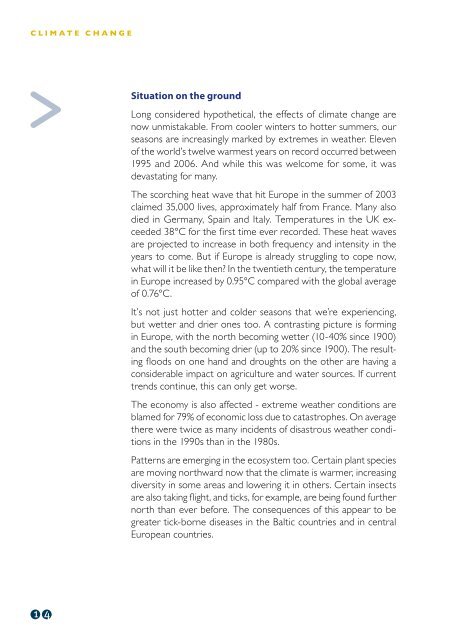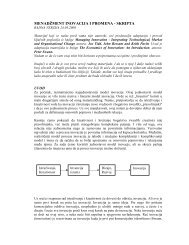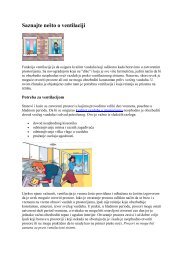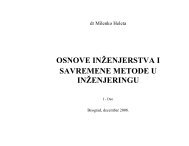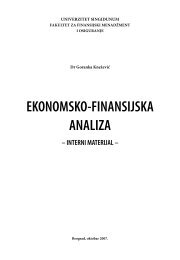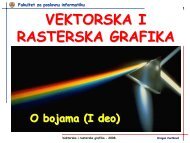A SUSTAINABLE FUTURE IN OUR HANDS - To Parent Directory
A SUSTAINABLE FUTURE IN OUR HANDS - To Parent Directory
A SUSTAINABLE FUTURE IN OUR HANDS - To Parent Directory
- No tags were found...
You also want an ePaper? Increase the reach of your titles
YUMPU automatically turns print PDFs into web optimized ePapers that Google loves.
Climate changeSituation on the groundLong considered hypothetical, the effects of climate change arenow unmistakable. From cooler winters to hotter summers, ourseasons are increasingly marked by extremes in weather. Elevenof the world’s twelve warmest years on record occurred between1995 and 2006. And while this was welcome for some, it wasdevastating for many.The scorching heat wave that hit Europe in the summer of 2003claimed 35,000 lives, approximately half from France. Many alsodied in Germany, Spain and Italy. Temperatures in the UK exceeded38°C for the first time ever recorded. These heat wavesare projected to increase in both frequency and intensity in theyears to come. But if Europe is already struggling to cope now,what will it be like then? In the twentieth century, the temperaturein Europe increased by 0.95°C compared with the global averageof 0.76°C.It’s not just hotter and colder seasons that we’re experiencing,but wetter and drier ones too. A contrasting picture is formingin Europe, with the north becoming wetter (10-40% since 1900)and the south becoming drier (up to 20% since 1900). The resultingfloods on one hand and droughts on the other are having aconsiderable impact on agriculture and water sources. If currenttrends continue, this can only get worse.The economy is also affected - extreme weather conditions areblamed for 79% of economic loss due to catastrophes. On averagethere were twice as many incidents of disastrous weather conditionsin the 1990s than in the 1980s.Patterns are emerging in the ecosystem too. Certain plant speciesare moving northward now that the climate is warmer, increasingdiversity in some areas and lowering it in others. Certain insectsare also taking flight, and ticks, for example, are being found furthernorth than ever before. The consequences of this appear to begreater tick-borne diseases in the Baltic countries and in centralEuropean countries.014


